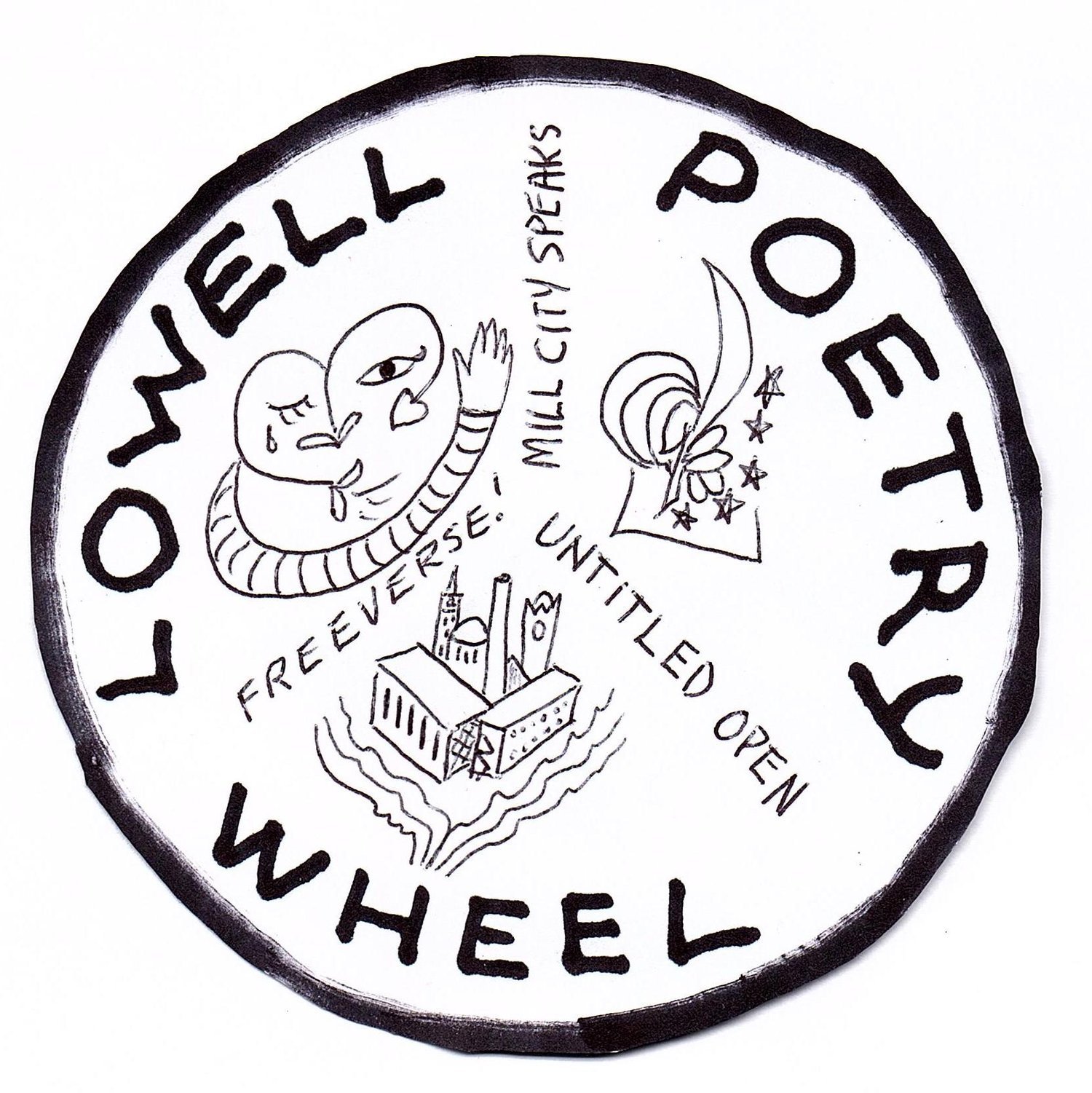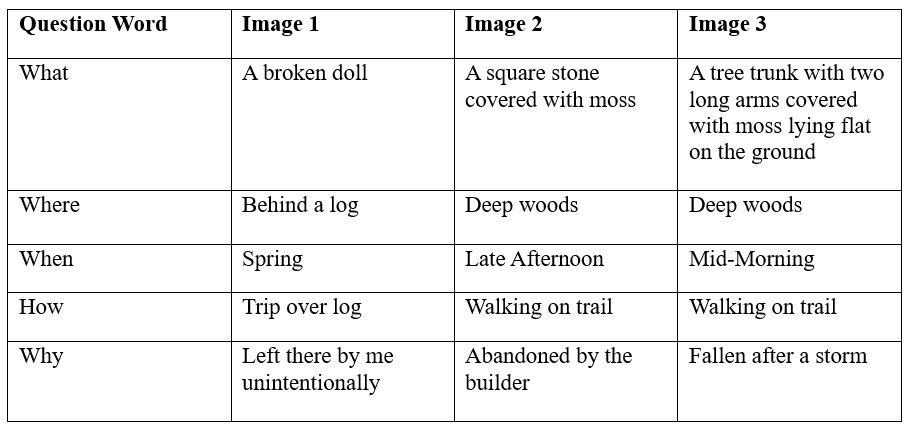February 2024 - Workshop Shit!
Throughout human history, the landscape has shown growing communities the evidence of communities that have grown and fallen before. Sometimes the monuments and ruins of past civilizations are construed in literature as ominous warnings of a society’s own future, sometimes as cryptic records of a people long forgotten, and sometimes as fascinating finds that enlighten the onlooker. In English poetry, this theme is probably most famously explored in Shelly’s Ozymandias, describing the ruin of a colossus in an otherwise baren landscape, but it’s a theme that has influenced English poetry since the earliest days of the English Language. In the poem linked to below, translated from Old English, the anonymous author is in awe of a decaying structure, evidently a long-abandoned leftover from Rome’s tenure governing the island. The poem itself has survived only on one heavily damaged manuscript, and is therefore incomplete and broken in places; like the decaying monument it describes, the body of The Ruin is a structure that has crumbled over time, and one might read it now as an unintentional embodiment of its own subject matter: it is itself an ancient ruin from which we can learn (though not without unanswered questions) about a forgotten past.
Prompt Poem:
Prompt:
In the poem above, we assume that the speaker has stumbled upon the ruin they’re describing, and they seem to be in awe of what is left of the structure. For them, this could be either a surprise encounter, or a repeat visit to a familiar but mysterious place; in either case, the onlooker is justifiably inspired. They’re able to imagine a history and purpose of the building, and what it must have been like in its time. They also seem to acknowledge the sadness of seeing such a monument abandoned and in disrepair.
The world is filled with both man-made and natural wonders, and when humans encounter them for the first time, we tend to seek-out or invent explanations. Like the poet of The Ruin, think about some (let’s limit it to three) surprising finds you’ve stumbled upon in the past. Using tables like those below, come up with some images, using question words as rough guidelines. What was the find? Where was it found? When was it found (or when did it get there)? How did it get there (or how was it found)? And why is it significant? Then spend about fifteen minutes on a free-write inspired by the images generated. Some of the images we generated during our brainstorming are organized in the tables below.
Prompt Steps:
1) Think about a moment when you discovered something. This could be a physical object or location stumbled upon by chance, or something more subjective like a realization or an epiphany.
2) Delve into this new discovery by examining it through thoughtful questioning. Focus on what it is or might be, where it is, how it might have come to be, and why it is significant to generate images and phrases.
3) You can organize your thoughts and observations with tables like those shown above.
4) Spend about fifteen minutes on a free write inspired by the images you generated. There is no need to complete a whole poem in those fifteen minutes, and you can return to and rework anything you like later.
5) Once you’re happy with your work, feel free to share by posting it in the comments below.
Prompt responses:
Andrew’s Response:
The same brick tripped me, just like yesterday,
While walking down the same old, well-spent street.
Who left it there, not fixed, prepared to stay
Another hundred years to plague poor feet?
This place was wild once: they cut trees down,
And flattened hills, and drove the birds away;
They drank the rivers, and they built grim towns;
They bricked the grass, they burned the reeds. Today,
There’s traffic signs, and fences, and one brick
That juts uneaven where we walk or run:
A tree root’s grown beneath it, fair and thick,
Which hides in plain sight under lamps or sun:
The world takes back the things we took away,
Stubbing our toes forever and a day.
Rikhav’s Response:
Flickering cigarettes stains
stories told in bleary eyes and tired hands
wandering listlessly though purposefully
motions mechanical with practiced routine
door stuck on creaking
hinges
creaking on stuck door
routine practiced with mechanical motions
purposefully though listlessly wandering
hands tired and eyes bleary in told stories
stained cigarettes flickering
Peter’s Response:
Energy is neither created nor destroyed. But this celestial being burns with a passion mistaken for chaos. From a foundation with grounds erupting like volcanoes to solar flares and fireballs spit from its atmosphere.



